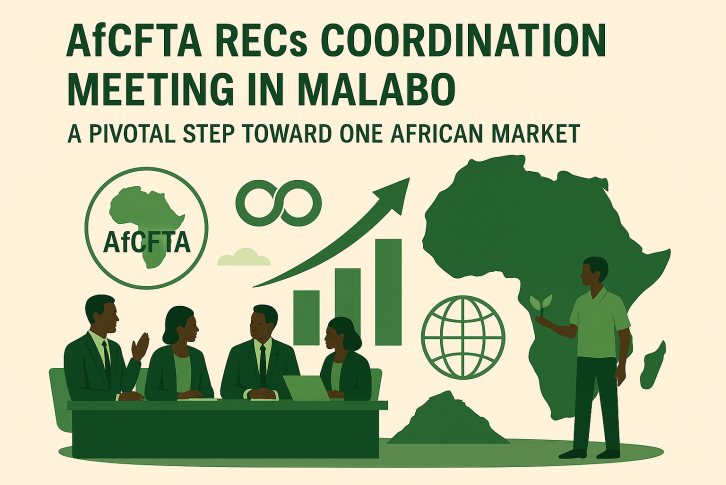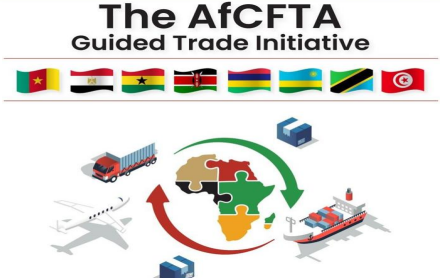Home
General Assembly
ICOYACA Advisors
Continental Secretariat
REC Secretariat
Country Chapters
ICOYACA Diaspora
Overview
Purpose of the ICOYACA
Meet the Chairperson
The Team
Consortium Organisations
Protocol on Women and Youth in Trade Consultations
AfCFTA Conference on Women and Youth in Trade

Insititutional Framework
General Assembly
ICOYACA Advisors
Continental Secretariat
REC Secretariat
Country Chapters
ICOYACA Diaspora
ICOYACA Overview
Overview
Purpose of the ICOYACA
Meet the Chairperson
The Team
Consortium Organisations
AfCFTA SECRETARIAT AND ICOYACA ENGAGEMENT
Protocol on Women and Youth in Trade Consultations
AfCFTA Conference on Women and Youth in Trade
AfCFTA Youth Engage Series
AfCFTA Moot Court Competitions 2024
Youth Trade and Economic Integration Experience Exchange Forums (AFRO- EURO, AFRO-ASIA, AFRO-USA and AFRO-CARICOM)
AfCFTA Youth Day and Africa Youth Month Commemoration 2023 - Cairo, Egypt
AfCFTA Debates – (Once every two months)
AfCFTA QUIZ
Youlead Africa Summit
Model AfCFTA Negotiations
AfCFTA Moot Court Competitions 2024
Youth Trade and Economic Integration Experience Exchange Forums (AFRO- EURO, AFRO-ASIA, AFRO-USA and AFRO-CARICOM)
AfCFTA Youth Day and Africa Youth Month Commemoration 2023 - Cairo, Egypt
AfCFTA Debates – (Once every two months)
AfCFTA QUIZ
Youlead Africa Summit
Model AfCFTA Negotiations






